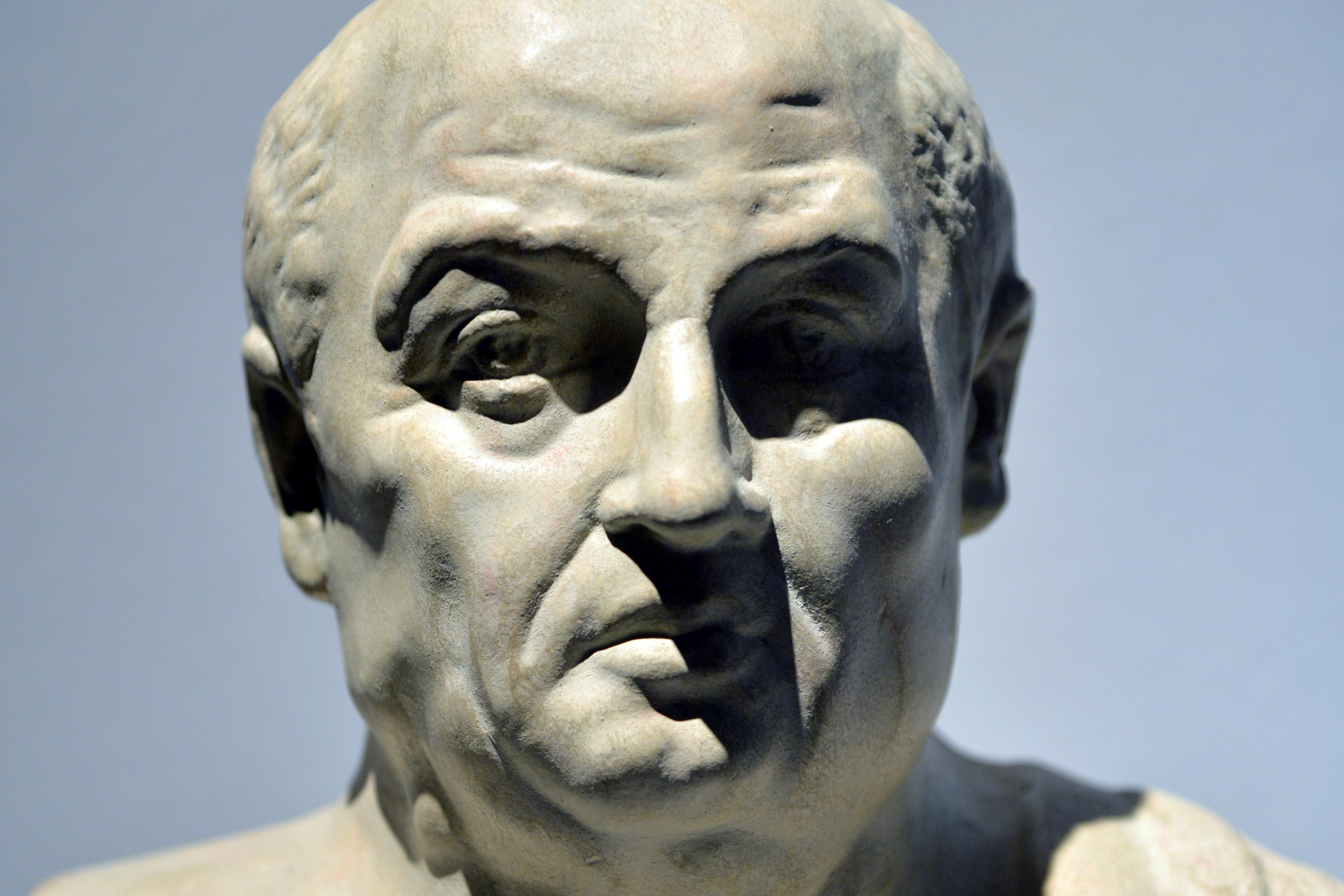
Don’t be stoic: Roman Stoicism’s origins show its perniciousness
Stoicism might help you as an individual. But we need a philosophy that doesn’t dull us to the injustices of the world
by Henry Gruber

Stoicism might help you as an individual. But we need a philosophy that doesn’t dull us to the injustices of the world
by Henry Gruber

If you want to inspire people to do the right thing, don’t guilt-trip them. Positive emotions are a more powerful motivator
by Claudia R Schneider

Peter Kropotkin took on social Darwinism, casting evolution in a cooperative light and laying the groundwork for mutual aid
by Lydia Syson
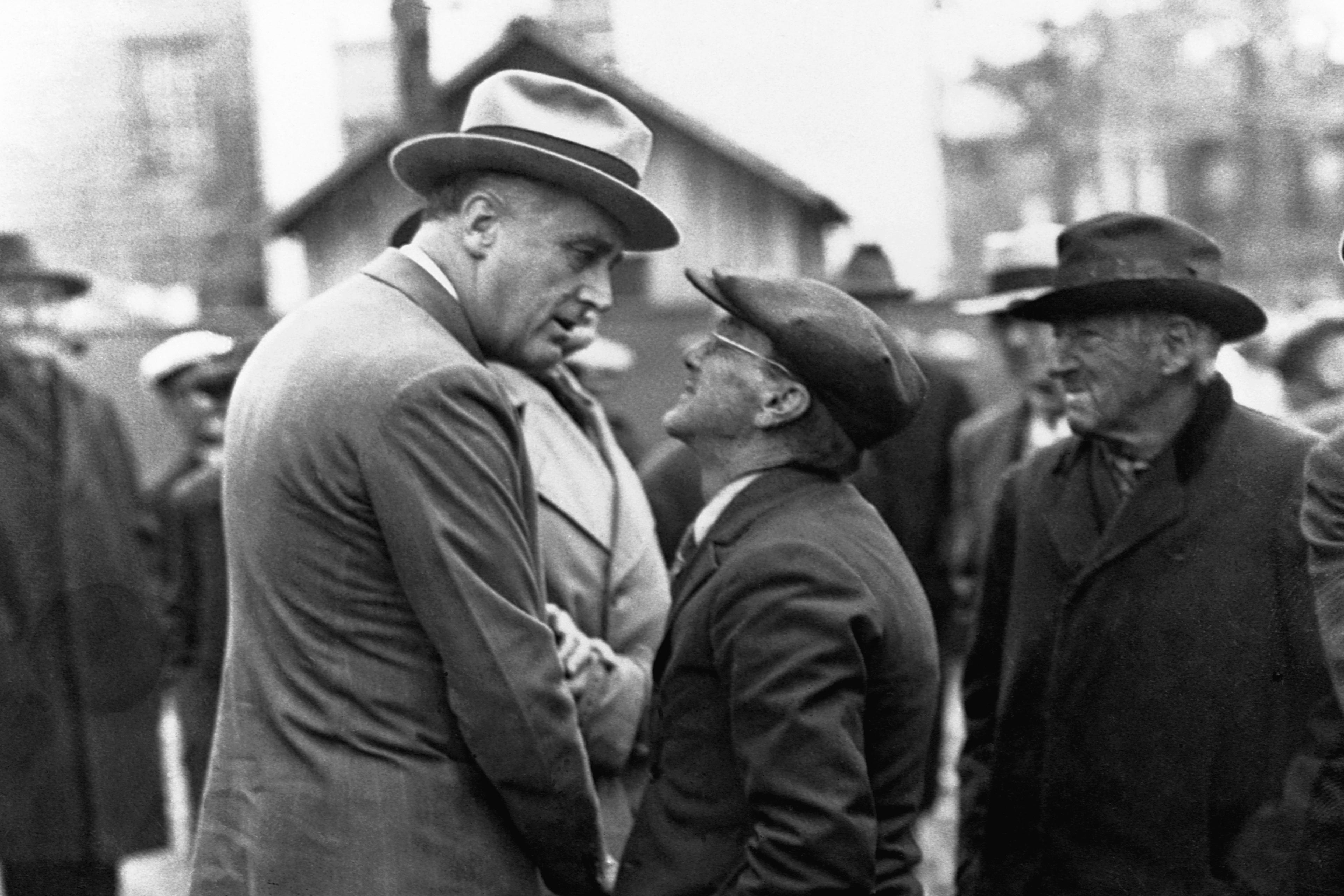
Who can speak truth to the leaders? The story of parrhesía, from classical Greece to Christian martyrs and beyond
by Hartmut Leppin
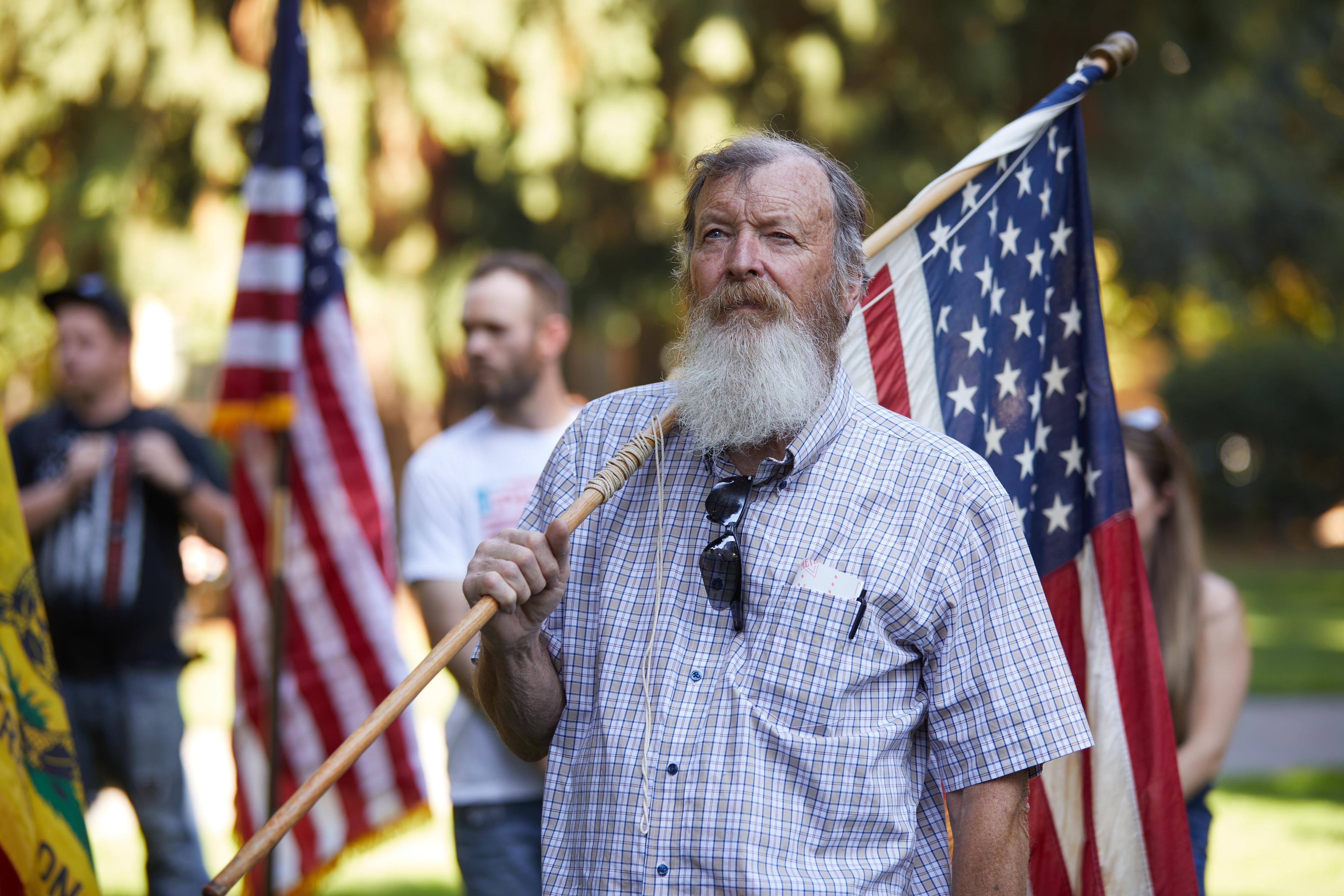
In terms of irrational confidence, many people at opposite ends of the political spectrum seem to have something in common
by Thomas Costello & Shauna Bowes

They’re good for kickstarting political debate but analogies with the past are often ahistorical and should be treated with care
by Moshik Temkin

How can anyone favour a patriarchal system that routinely harms them? On Susanna and the Elders and anti-feminist women
by Paula Keller

Utilitarians provoke to elicit reflection, but we need earnest advice, not shit-stirring, to face complex moral challenges
by Nicholas Agar

To tend to the wound of emotional inflammation, connect with your feelings, look to the sky, then give back to the world
by Stacey Colino & Lise Van Susteren
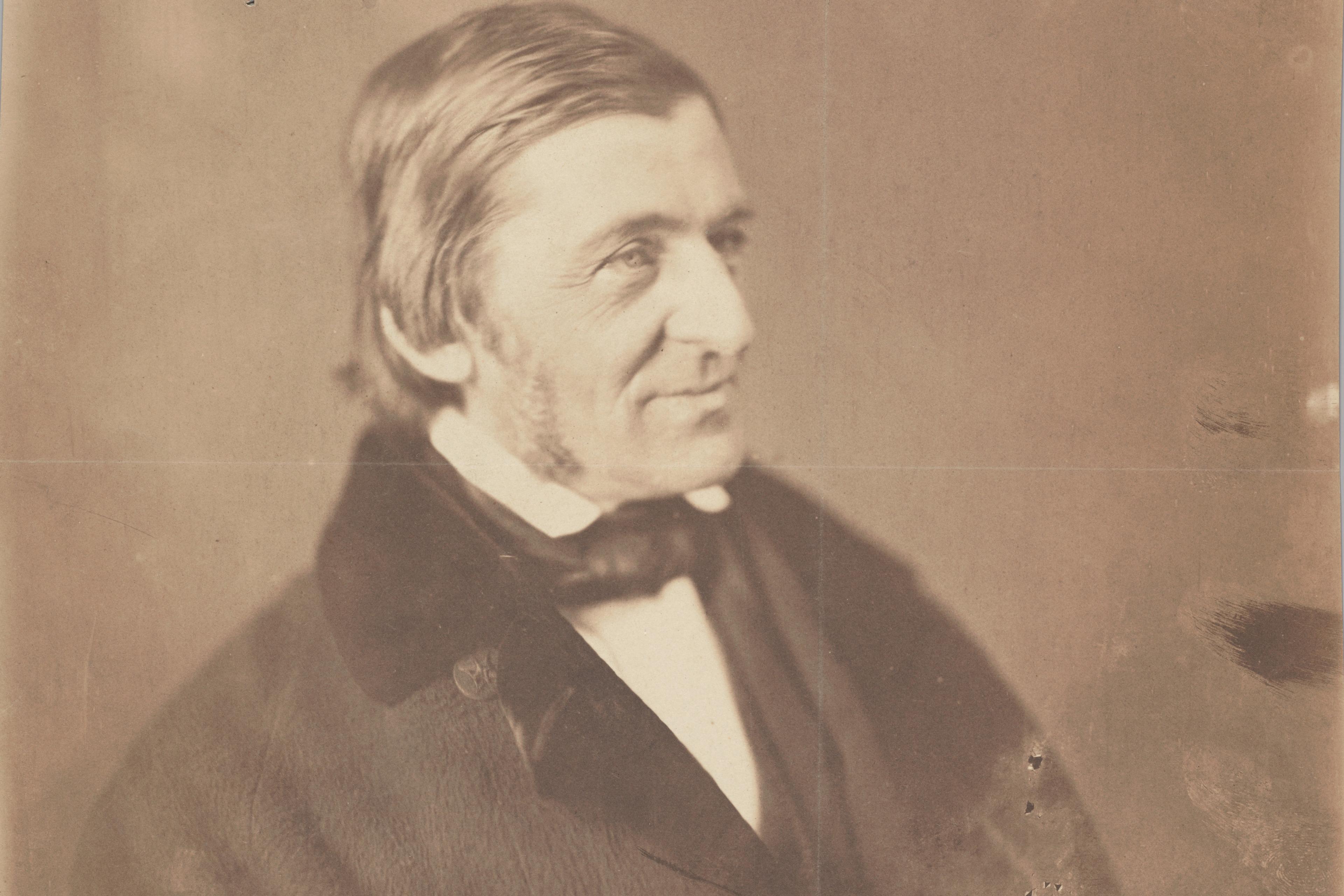
For Ralph Waldo Emerson, political activism was full of empty gestures done in bad faith. Abolition called for true heroism
by Peter Wirzbicki

How are so many politicians today able to get away with overtly racist utterances? By using rhetorical ‘figleaves’
by Jennifer Saul

As both Martha Graham and Hannah Arendt knew, being alone – in dance or in conversation – is a way to explore connection
by Dana Naomy Mills

Asking what water wants sounds a bit mystical, even radical. But it’s a practical, proven path to creating a better world
by Erica Gies
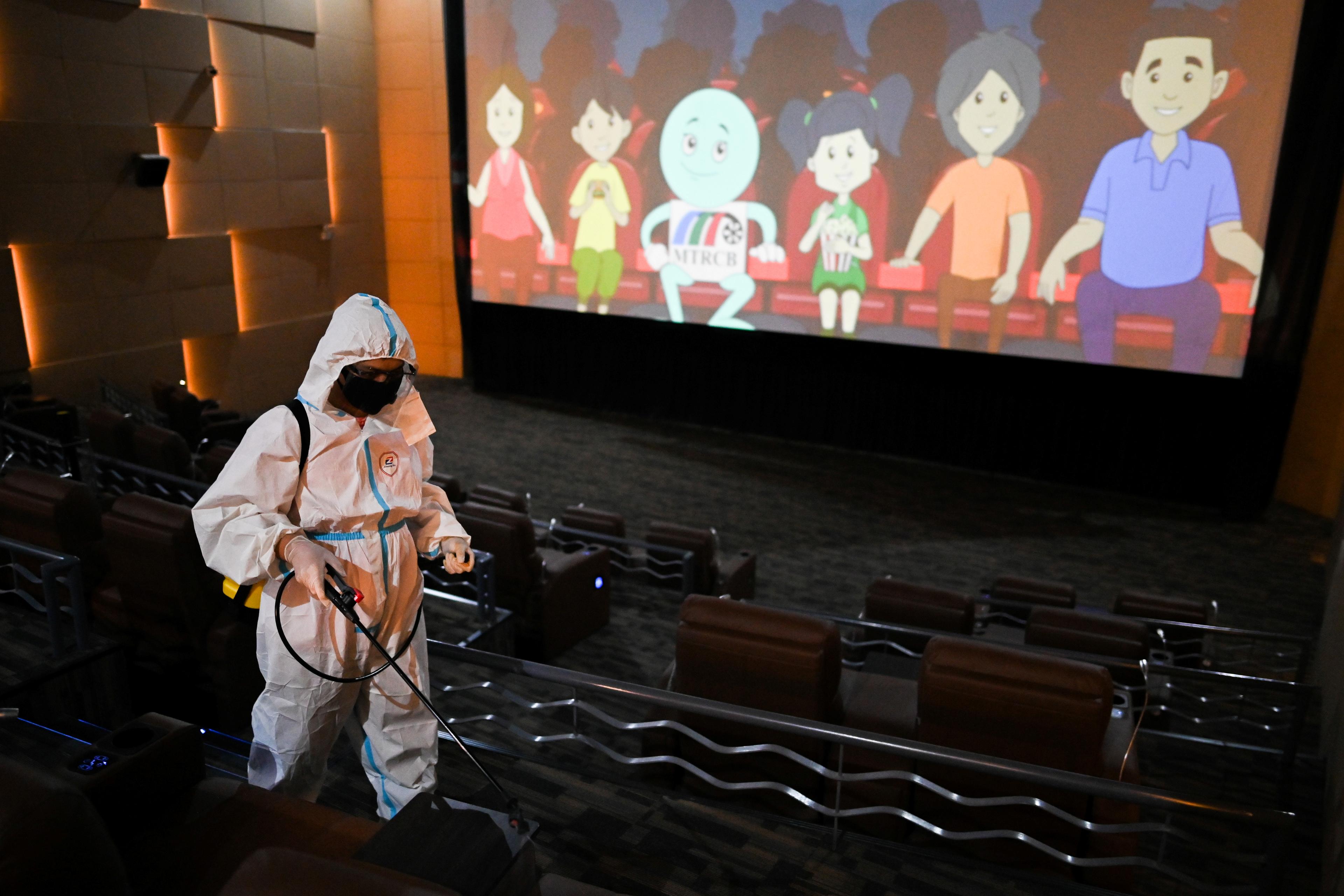
To protect our descendants from catastrophe, we must overcome the emotional hurdles that make it easy for us to look away
by Matthew Coleman
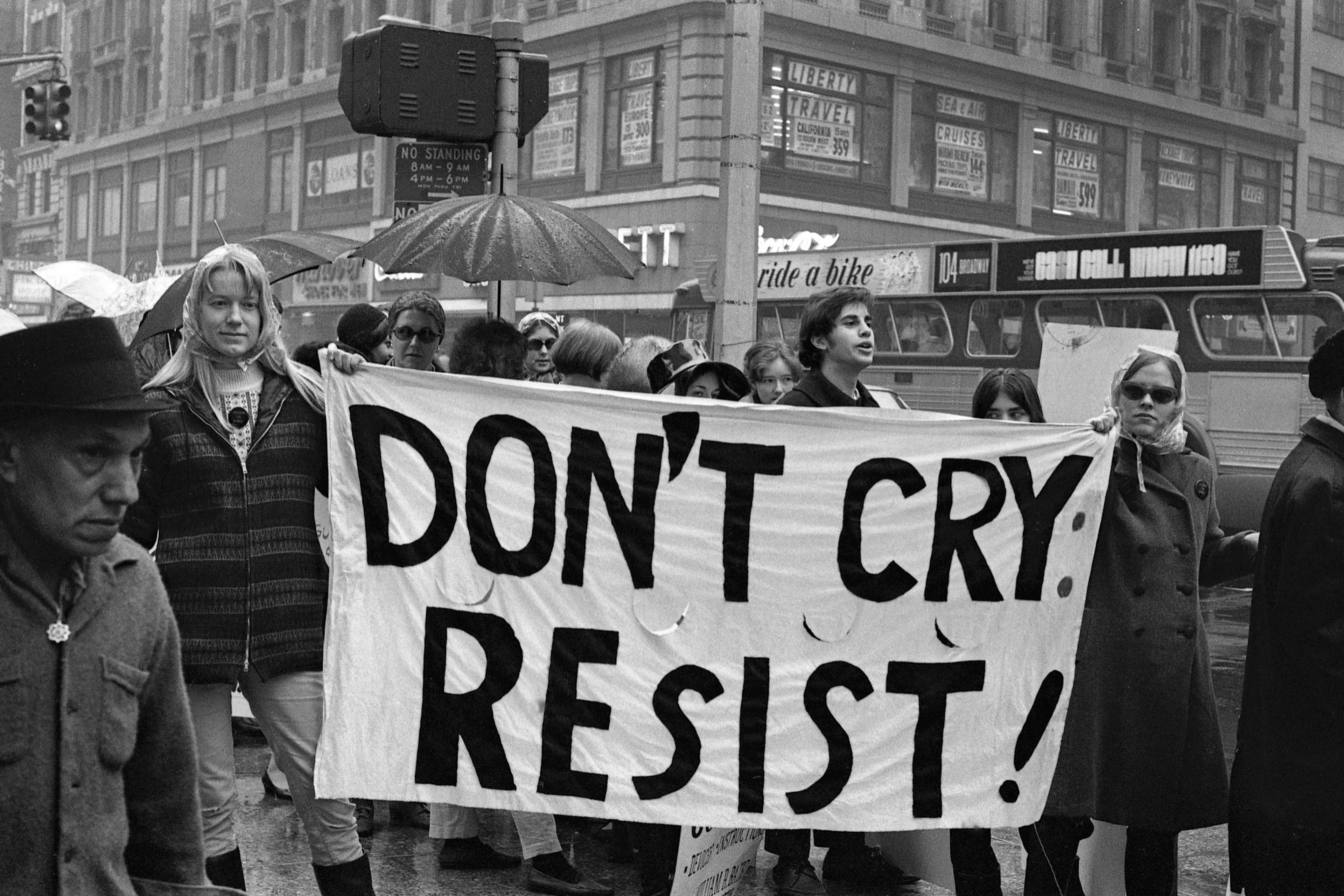
What the radical-feminist origins of the slogan ‘the personal is political’ can tell us about language in our own divided age
by Guy Stevenson
